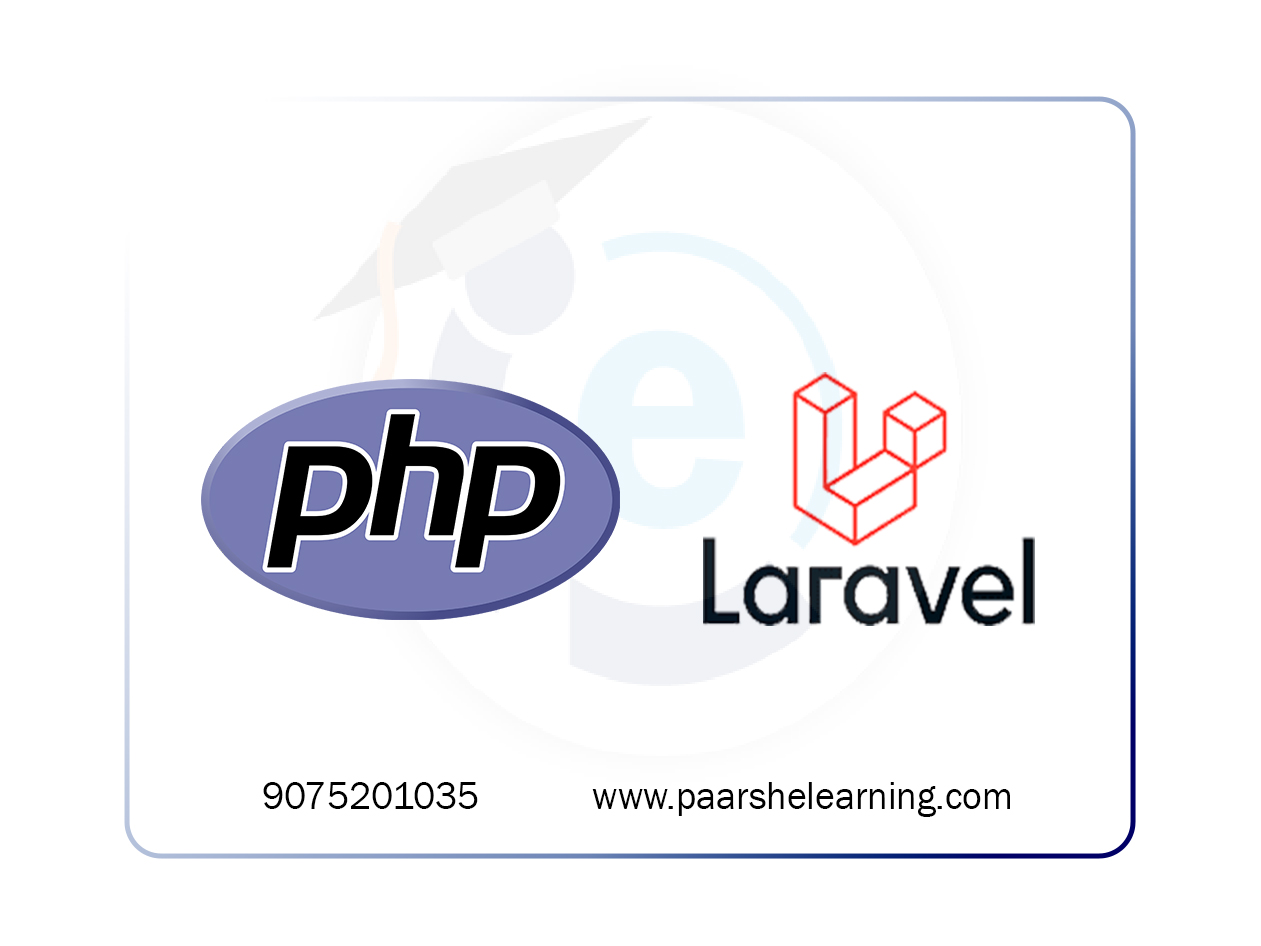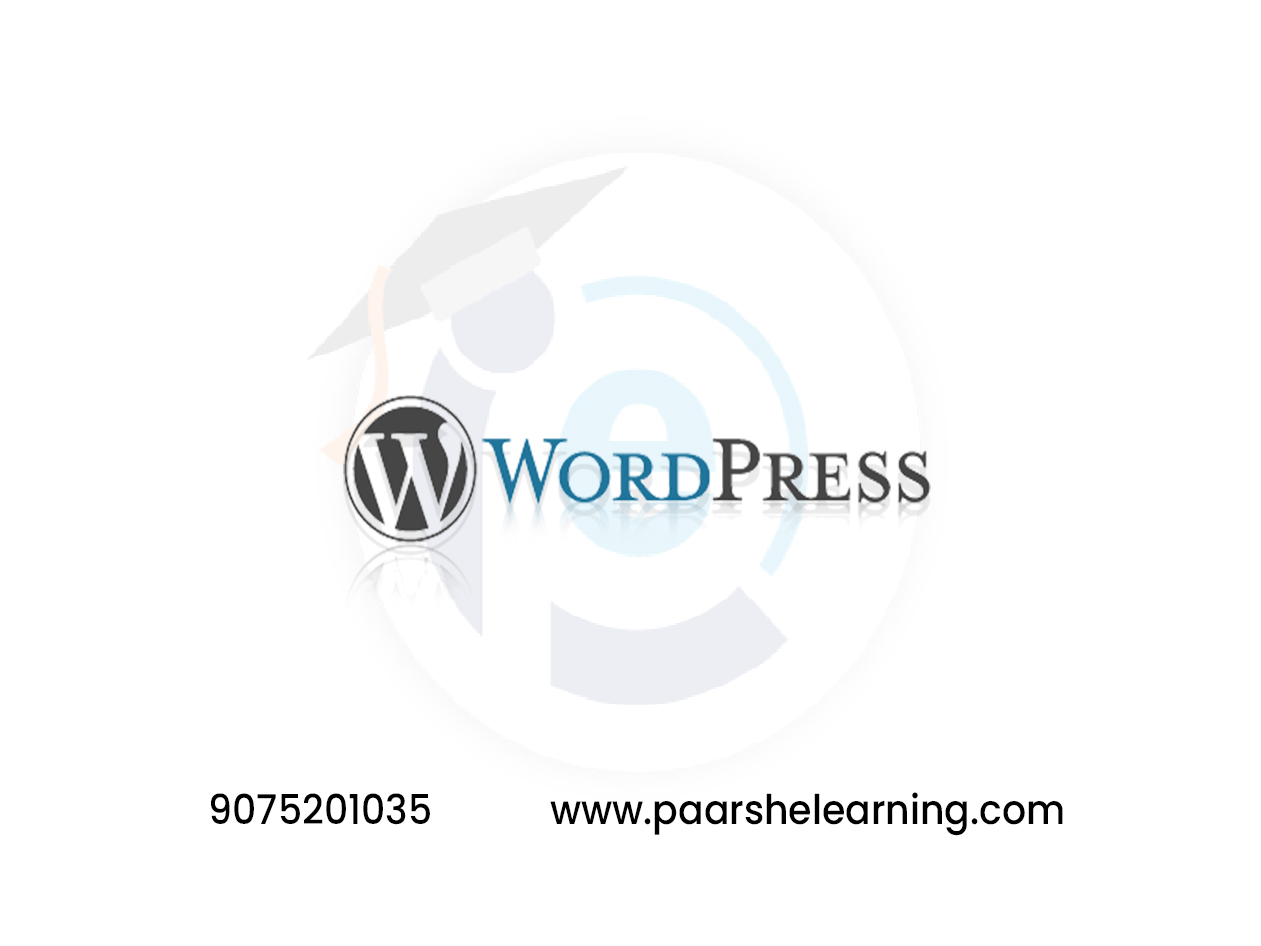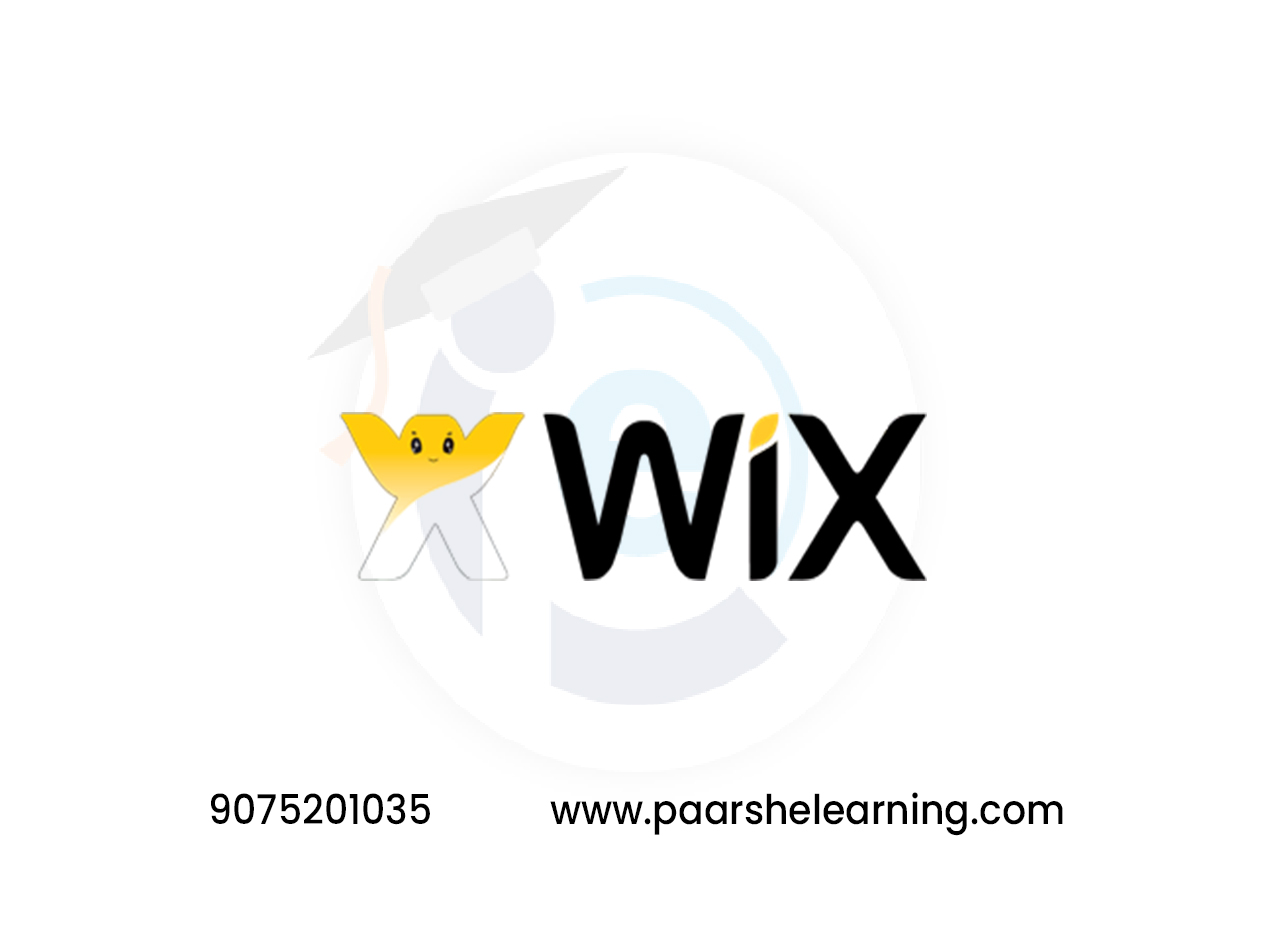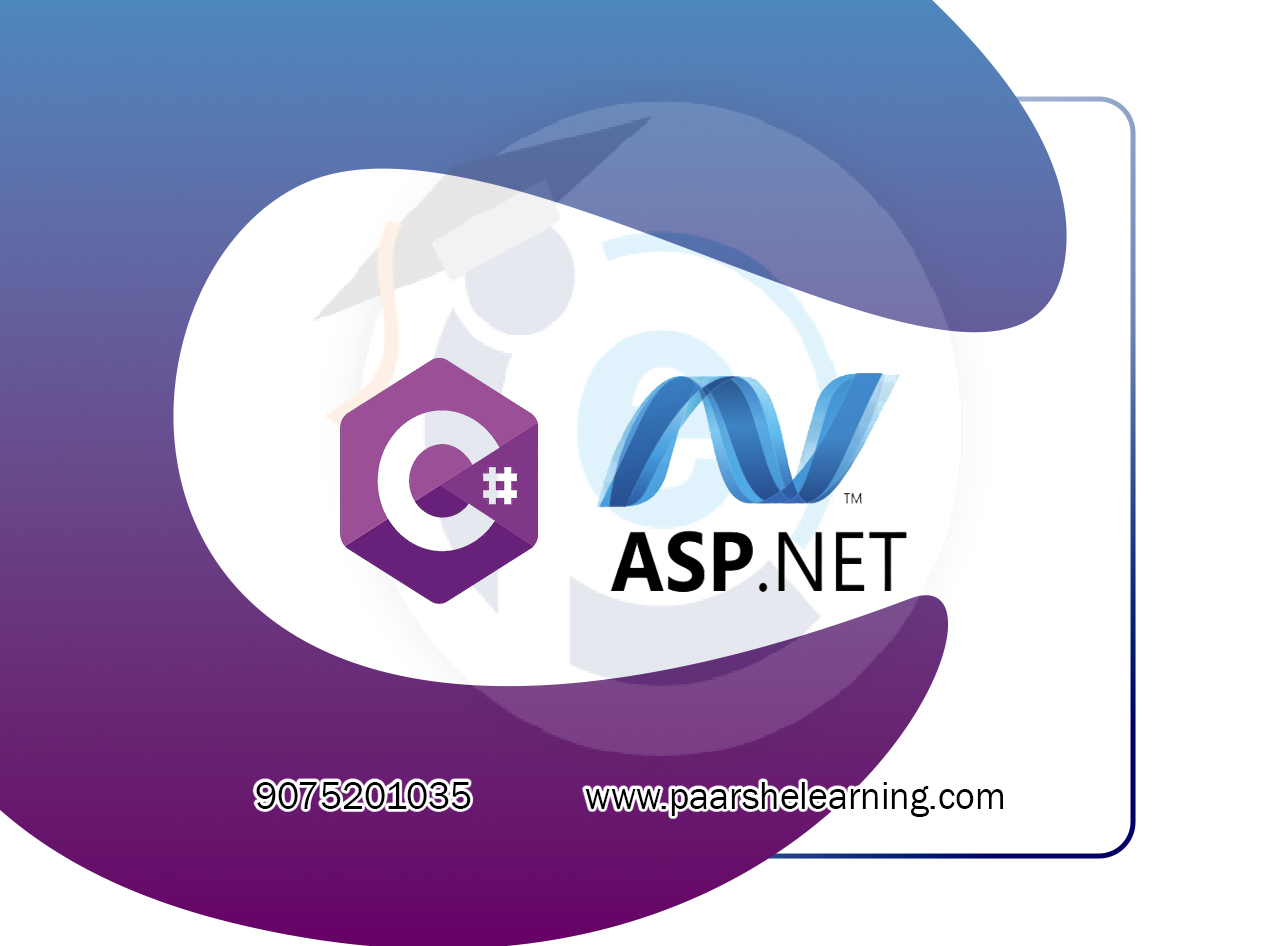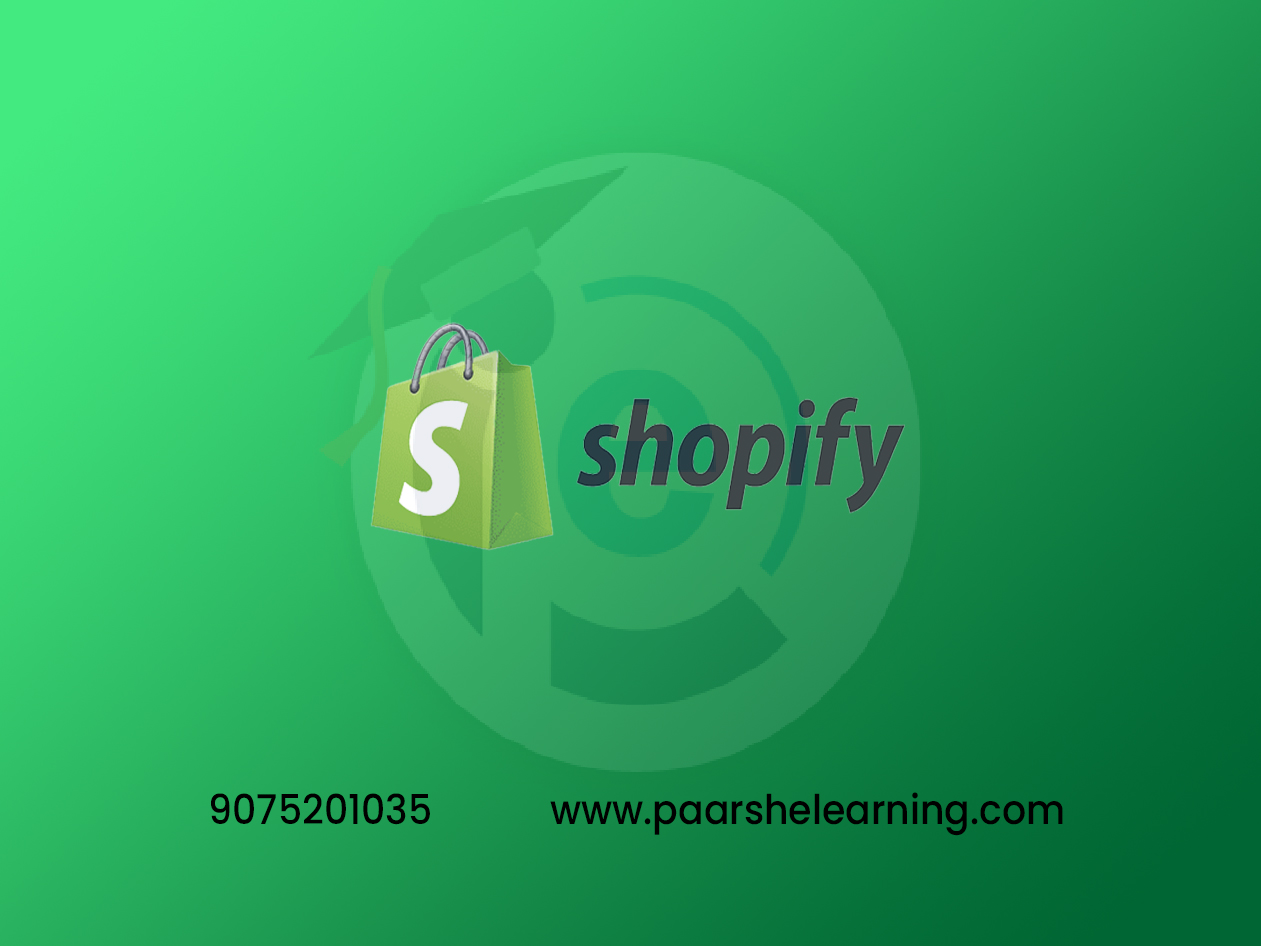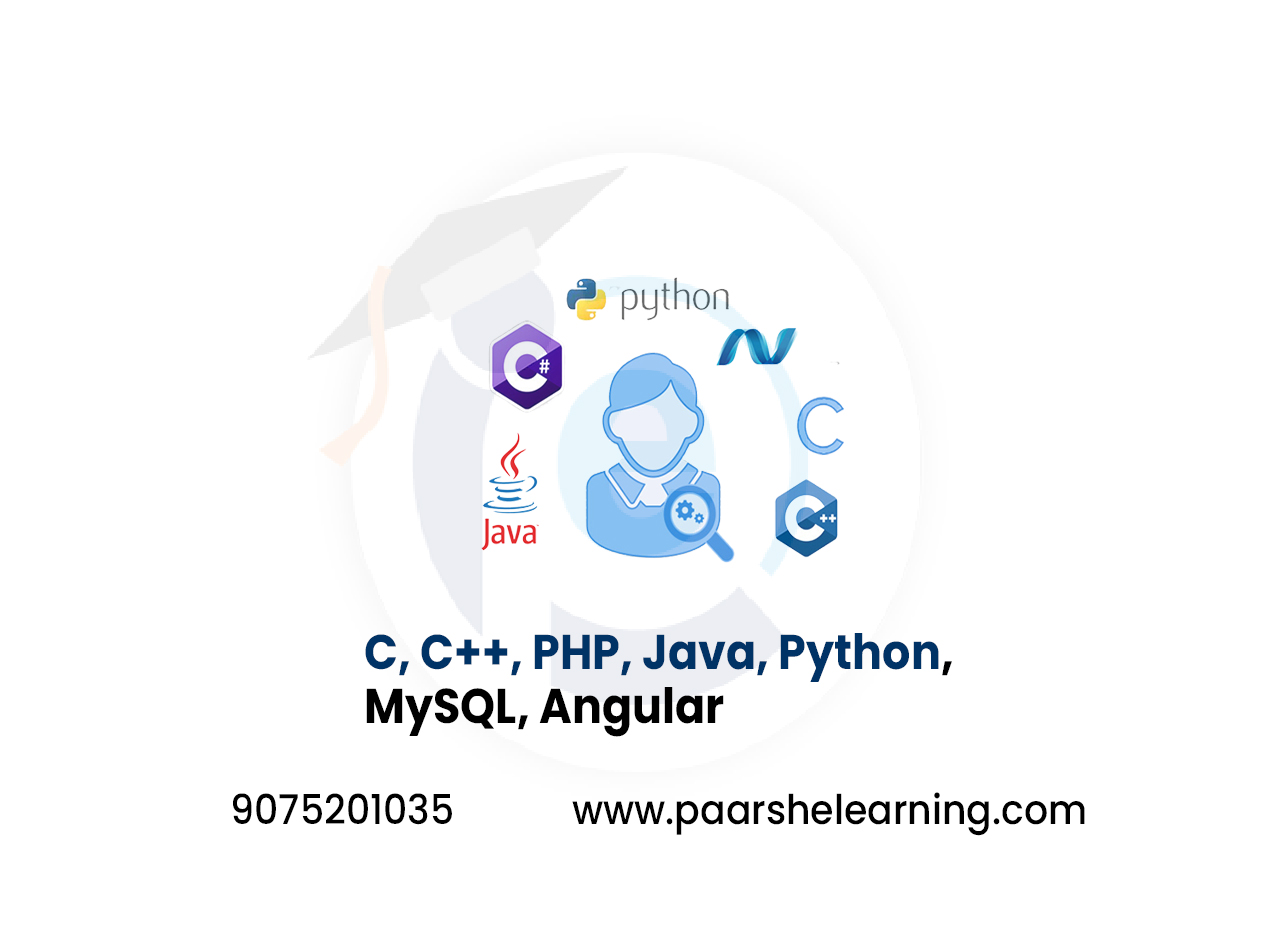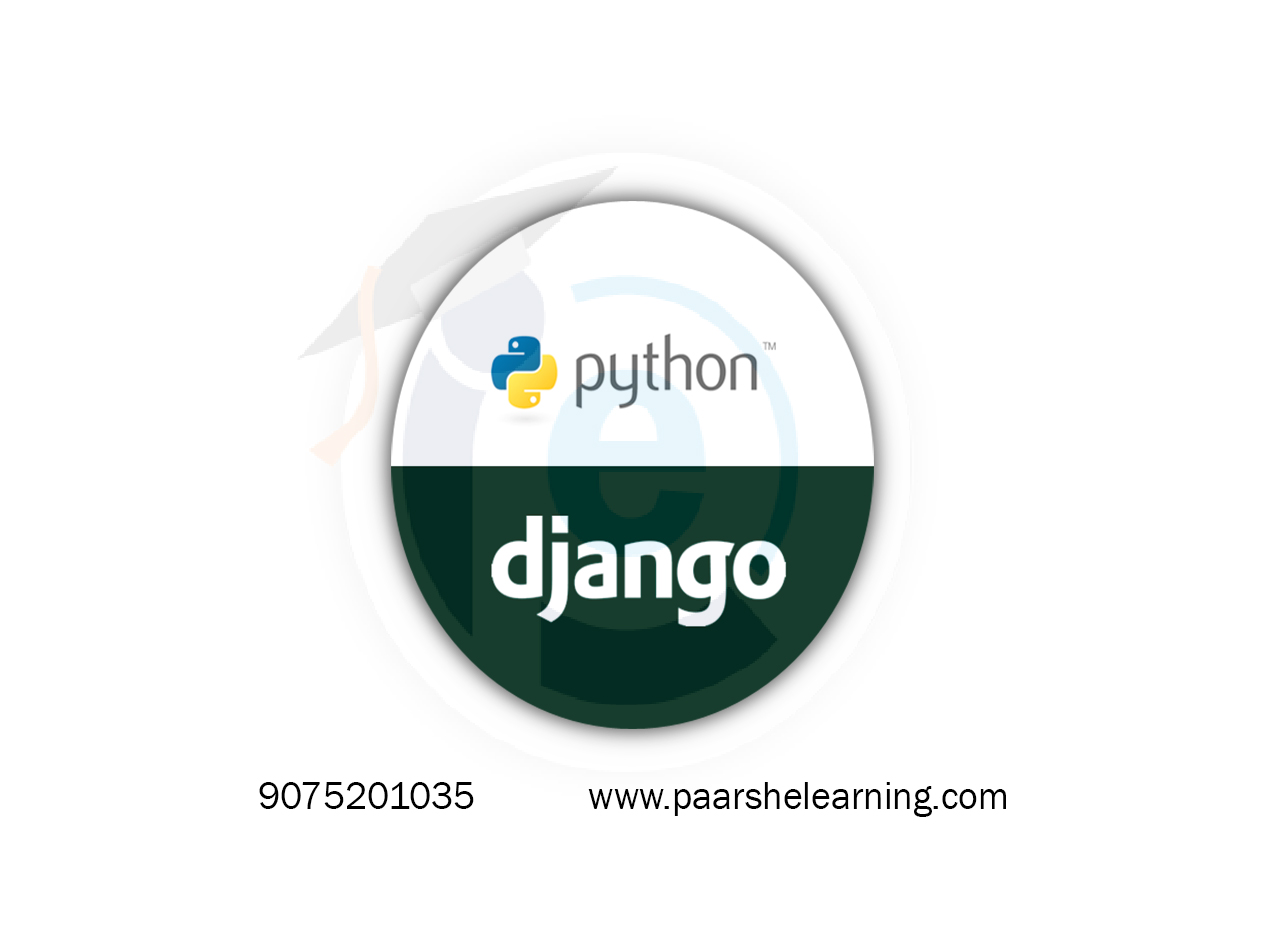- Understanding of PHP Laravel: Students will have a good understanding of PHP language, including variables, data types, control structures, functions, and arrays.
- Object-Oriented Programming: Students will gain a solid understanding of OOP concepts such as classes, objects, inheritance, polymorphism, and encapsulation.
- Project-based learning: Students will apply their learning by building real-world projects, starting with simple projects and gradually moving on to more complex ones.
- Anyone who is interested in learning how to build web-based applications, mobile apps, or desktop software using PHP Laravel.
PHP Laravel
Course description
PHP Laravel is a popular open-source web application framework written in PHP. If you're interested in learning PHP Laravel, here are some key areas you can focus on:
-
PHP Fundamentals: Develop a strong understanding of PHP programming language concepts, including variables, data types, arrays, functions, control structures, and object-oriented programming (OOP) principles. Familiarize yourself with PHP syntax and coding conventions.
-
Laravel Framework: Get familiar with the Laravel framework, its features, and its directory structure. Learn how to set up a Laravel project using Composer and the Laravel installer. Understand the concepts of routes, controllers, views, models, migrations, and middleware in Laravel.
-
MVC Architecture: Understand the Model-View-Controller (MVC) architectural pattern and its implementation in Laravel. Learn how to separate business logic, presentation, and data handling by utilizing models, views, and controllers effectively.
-
Routing and URL Handling: Learn how to define routes and handle URLs in Laravel. Understand the different types of routes, including basic routes, route parameters, named routes, and route groups. Explore how to handle form submissions and file uploads through routes.
-
Database Integration: Explore Laravel's database integration capabilities using Eloquent ORM. Learn how to define database models, perform CRUD operations (Create, Read, Update, Delete), and define relationships between database tables. Understand Laravel's database migrations feature for managing database schema changes.
-
Blade Templating Engine: Familiarize yourself with Laravel's Blade templating engine. Learn how to create reusable view templates, utilize template inheritance, and work with template variables, conditionals, loops, and includes.
-
Form Handling and Validation: Learn how to handle HTML forms in Laravel and perform server-side form validation using Laravel's validation rules. Understand how to display form validation errors to the users and repopulate form data after validation failure.
-
Authentication and Authorization: Explore Laravel's built-in authentication and authorization features. Learn how to set up user registration, login, and password reset functionality. Understand how to implement role-based access control (RBAC) and permissions in Laravel.
-
Error Handling and Logging: Learn how to handle errors and exceptions in Laravel. Understand Laravel's error-handling mechanisms, including logging, exception handling, and custom error pages. Explore how to configure logging and use Laravel's debugging tools for troubleshooting.
-
Laravel Packages and Ecosystem: Gain knowledge of popular Laravel packages and extensions that extend the functionality of the framework. Explore packages for tasks such as working with APIs, handling file uploads, implementing caching, managing queues, and more.
What you will learn from this course?
This course includes!
- Daily Live session
- A recorded session with problem-solving material
- Access on Mobile and TV
- Certificate of completion
- 100 % Job placement
This course is for
- Beginner Web Developers that are having knowledge of PHP
- Students who are interested in pursuing a career in software development or computer science.
- Professionals who are looking to upgrade their skills and learn a new programming language.
- Anyone who wants to start their career as a Software developer.
- Any diploma or graduate students IT or Non-IT candidates
Prerequisites for this course
- PHP basics: You should have a good understanding of PHP syntax, variables, functions, and control structures.
- Web development basics: Knowledge of HTML, CSS, and JavaScript will be helpful in understanding the front-end components of Laravel development.
- Web development basics: Knowledge of HTML, CSS, and JavaScript will be helpful in understanding the front-end components of Laravel development.
- Database basics: Understanding of basic database concepts such as tables, columns, and relationships will be beneficial.
- Familiarity with Composer: Laravel uses Composer for package management, so it's good to have a basic understanding of how it works.
- Understanding of HTTP and RESTful APIs: Laravel is commonly used for building RESTful APIs, so understanding how HTTP requests and responses work, and how to design RESTful APIs will be helpful.
Php Laravel Syllabus
-
Introduction To Laravel
Overview of the Laravel framework and its features Setting up a local development environment Understanding Laravel's architecture and MVC pattern Creating your first Laravel project
-
Routing And Controllers
Defining routes and handling URL requests Creating controllers and actions Passing data to views from controllers Using route parameters and named routes
-
Blade Templating Engine
Creating views using Blade templating Working with Blade directives and layouts Including sub-views and partials Using Blade for control structures and looping
-
Eloquent Orm And Database Interaction
Introduction to Eloquent ORM Defining and using Eloquent models Retrieving, inserting, updating, and deleting records Defining relationships between models
-
Form Handling And Validation
Creating and processing HTML forms Using Laravel's Form and HTML Helpers Implementing form validation rules Displaying validation errors and feedback
-
Authentication And Authorization
Implementing user authentication using Laravel's built-in features Creating registration and login systems Implementing user roles and permissions Protecting routes and actions with middleware
-
Restful Apis And Json Responses
Building RESTful APIs using Laravel Creating API routes and controllers Handling JSON requests and responses Implementing authentication for APIs
-
Advanced Topics And Final Project
Working with Laravel packages and Composer Implementing real-time features with Laravel Echo and WebSockets Testing and debugging Laravel applications Final project: Developing a complete web application using Laravel
-
Paarsh E-Learning encourages hands-on practice, assignments, and projects throughout the course to reinforce students' understanding of Laravel framework concepts. Assign practical exercises that involve building web applications, interacting with databases, and implementing various features of Laravel. Cover both theoretical concepts and practical applications to provide a well-rounded learning experience.
